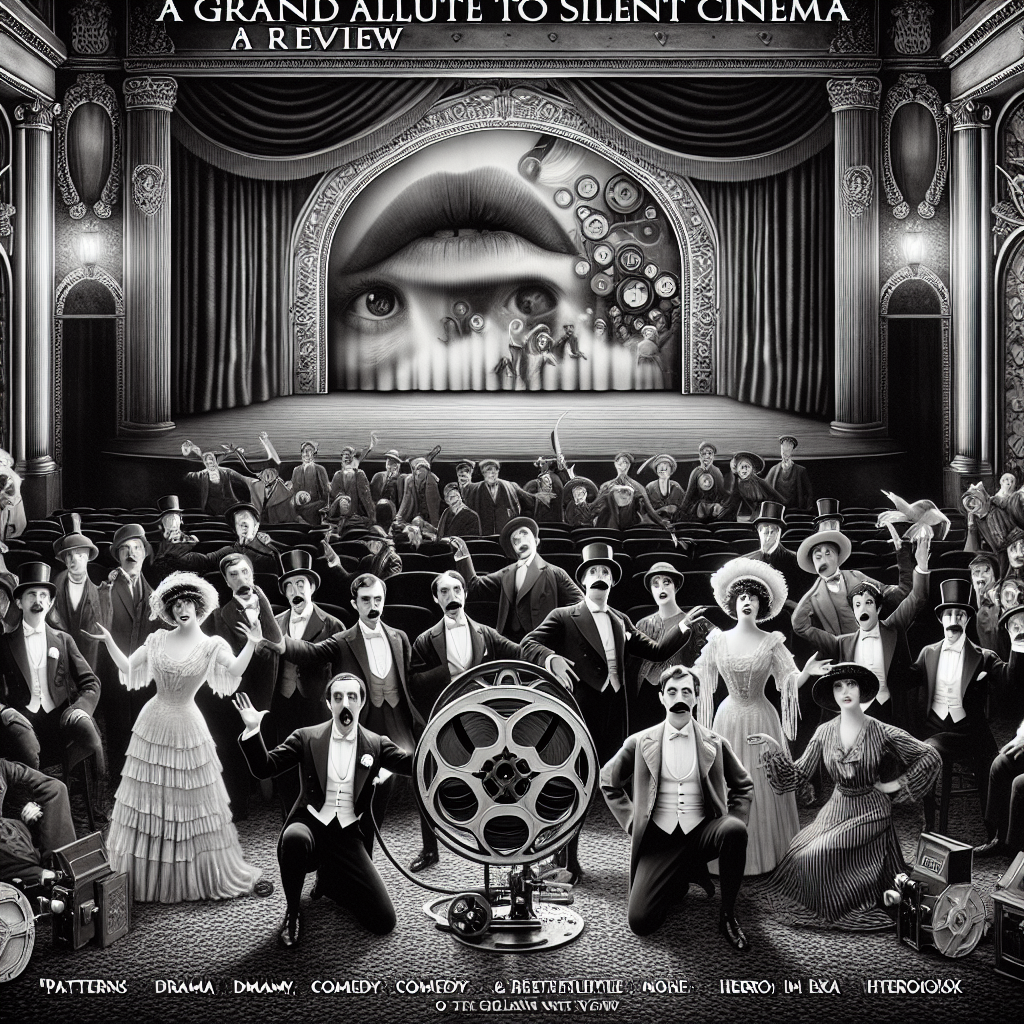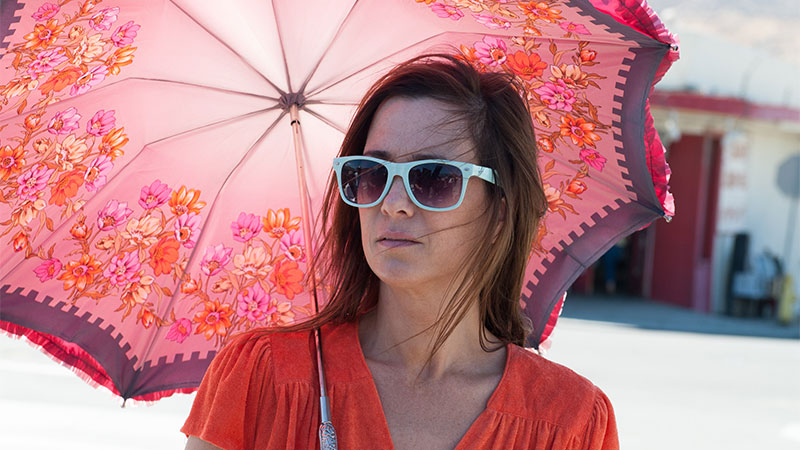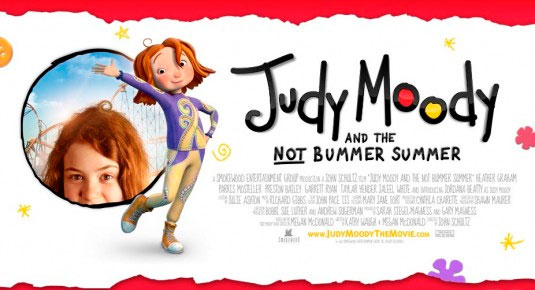In 2011, director Michel Hazanavicius revisited cinema's antiquated Silent Era and, in doing so, revitalized it brilliantly, bringing a timeless film into being. ‘The Artist' is not just an ode to the bygone days of silent cinema; it is a comprehensive reincarnation of the aesthetic, tonality, and storytelling devices of the era.
‘The Artist' tells the story of George Valentin (Jean Dujardin), a silent film superstar on top of the world. His life changes drastically when he crosses paths with Peppy Miller, a rising actress played by Bérénice Bejo, at the dawn of the ‘talkies.' This is the critical point where the film captures a transformative period in cinema history and intertwines it with a poignant tale of romance and personal struggle.
One of the film's most remarkable aspects is the mesmerizing charm and charisma of Jean Dujardin, who won the Academy Award for Best Actor for his role as Valentin. Despite being shackled by the medium's silent nature, Dujardin managed to convey emotions with exemplary skill. His nuanced expressions, vibrant smiles, and heart-rending pain made the audience laugh, applaud, and mourn with Valentin.
Bérénice Bejo as the vivacious Peppy Miller is both enchanting and compelling. Bejo manages to perfectly balance the character's starry-eyed ambition with a soft, empathetic core. Her character's evolution from a star-struck fan to Valentin's romantic interest to, eventually, his savior, is skillfully portrayed through her performance.
The film's genius lies in the delicate balance it maintains between silent-era authenticity and contemporary appeal. The Artist is shot in black-and-white, the retro aesthetic complementing the narrative. The film's direction, from the clever framing of the shots to the deft placement of props and performers, carries a distinct silent-era flair. Yet, Hazanavicius smartly inculcates modern filmmaking elements that keep audiences engaged and entertained.
The screenplay deserves explicit praise for its ingenious ways of exploring the silent medium. Various ingenious plot devices, visual metaphors, and at times, even the use of sound, thoughtfully conveyed the characters' emotions, adding depth to the narrative.
One of the most eye-catching aspects of the film is its adept use of music. With its rhythmic modulation, the score by Ludovic Bource not only sets the movie's mood but also unceasingly narrates its story. Each note addresses the on-screen emotions explicitly, guiding the audience through the ebbs and flows of the unfolding love story.
‘The Artist' remarkably captures the dread of obsolescence by encapsulating the decline of Valentin's career against the rise of ‘talkies' and the simultaneous ascent of Peppy's stardom. The temporal shift from silent films to talkies symbolizes broader themes of evolution, endurance, and technological advancement. The plot sensitively dips into the struggle of clinging to antiquity while embracing modernity, strikingly relevant in today's rapidly technologically advancing world.
The effortless blend of comedy, romance, and drama ensures that ‘The Artist' is not reduced to being a niche film for cinema purists. The film brims with wonderful moments of slapstick humor, genuine romance, and intense drama, making it accessible and enjoyable to a wide variety of audiences.
In conclusion, ‘The Artist' stands tall as a grand salute to the silent era of cinema. It amalgamates the charm of yesteryears with modern storytelling techniques beautifully. The captivating performances by Jean Dujardin and Bérénice Bejo, combined with Michel Hazanavicius's razor-sharp direction and carry the film throughout. ‘The Artist' is a cinematic love letter; not merely to silent films, but to the magic of cinema itself.
Related content
- No related articles.






